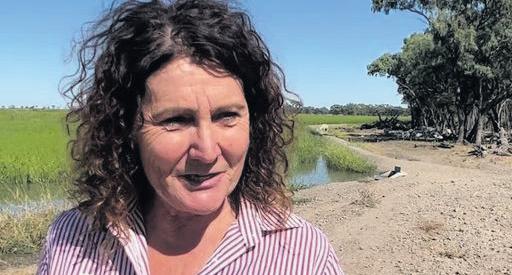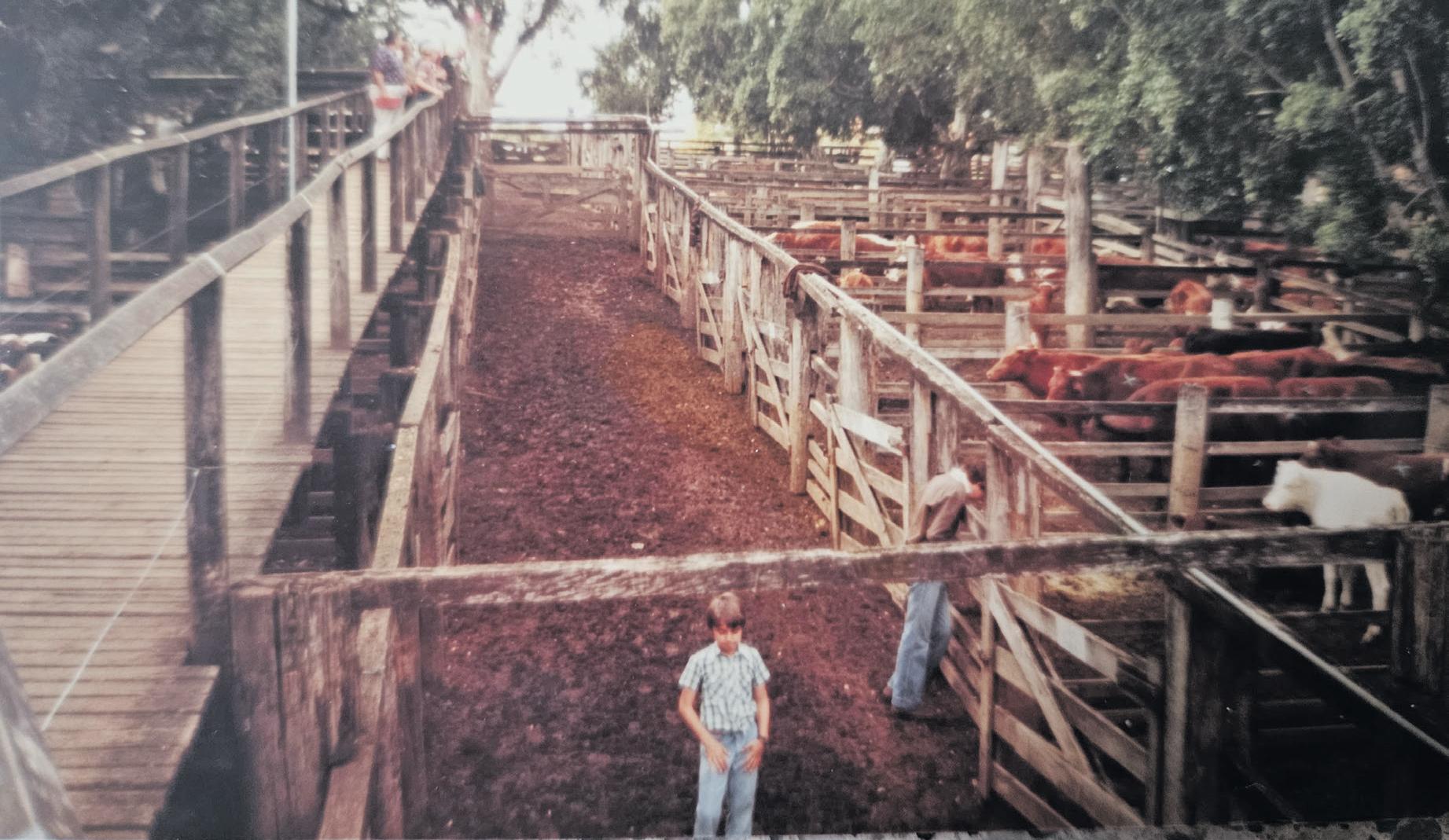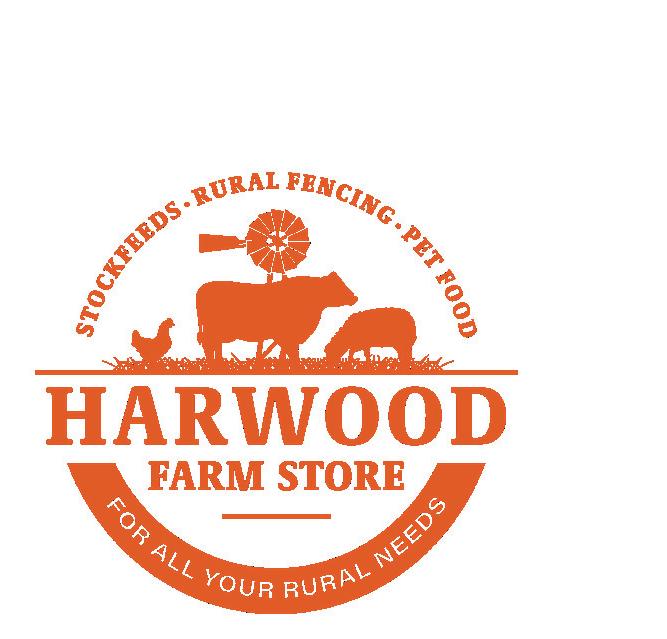
2 minute read
AGRICULTURE SKILLS PROGRAM EXPANDS TO LIVESTOCK INDUSTRY
Fee-free training will be rolled out to the livestock sector thanks to the expansion of a NSW Liberal and Nationals Government program investing in upskilling and growing the agricultural workforce.
Deputy Premier and Minister for Regional NSW Paul Toole said from its inception, AgSkilled has focused on plant-based industries like cropping, cotton, viticulture and horticulture, where it has delivered approximately $9.6 million in training across the State since 2020.
“Almost 5,400 training places have been delivered through AgSkilled since mid2020 and this expansion to the livestock sector will turbocharge the take-up of skills and training for the people driving a $8 billion industry,” Mr Toole said.
“It will help producers boost productivity, proftability and competitiveness, and create a highly skilled workforce that will drive the industry, and grow the economy for generations to come – whether you’re putting steaks on plates or producing world-class fbre.”

Under the expanded program, training is available for producers in beef cattle, dairy, sheep, goats, pigs, poultry, honey-bees, other livestock, animal management services used for commercial agricultural (food and fbre) production, and pest and disease management for these animals.
Minister for Skills and Training Alister Henskens said the NSW Liberal and Nationals Government’s record $3.1 billion skills budget was delivering more fee-free training opportunities than ever before.
“A single, streamlined training and workforce development program for the entire agricultural sector will generate more opportunities for people to get the skills they need for the jobs they want,” Mr Henskens said.
“The agriculture industry is facing a skills and labour shortage, and this program is about removing barriers for people to get skilled, so they can get a frst job, a new job or a better job.”
Minister for Agriculture
Dugald Saunders said the program is designed to deliver industryrelevant training, drawing on new and emerging technologies, with a focus on driving effciency and productivity.
“Our State’s agriculture sector is already extremely dynamic and responsive. This program will help us take it to the next level by giving more people the opportunity to gain industry specifc skills,” Mr Saunders said.

“It helps address industry workforce shortages, give more people the skills they need to secure meaningful employment and provides career development opportunities for those already in the industry.”
Participants in AgSkilled must be 15 or over, no longer at school and be living or working in NSW and have the support of a current or future employer.
Australian Livestock and Property Agents




CEO Peter Baldwin said it’s great the NSW Government is encouraging more people into a thriving industry.

“A career in the livestock industry can be incredibly dynamic and rewarding, and it’s great to see programs like these increasing pathways for more people to enter the workforce,” Mr Baldwin said.

Angus Australia CEO Scott Wright said the program will play a huge role in the progression of the livestock industry in NSW.
“The livestock sector has seen a remarkable recovery after some really tough times with drought and food, and continues to thrive. Encouraging new people into our workforce will help ensure longevity of the industry well into the future.”
Samuel James Claydon was born at Little Forest, near Milton, NSW on 13th December 1894 to dairy farmers Nathan and Matilda Claydon. Sam was one of 10 children. He clearly remembers helping with the family chores on the farm. This included moving the cattle up the mountain during the winter months also milking the cows before and after school. Farmers in Milton would take it in turn delivering their milk to the dairy factory at Milton.
As a youngster Sam attended the Little Forest School and later Yatte Yattah School which meant a fve mile (8km) walk to and from school. Yatte Yattah is located on the South Coast of New South Wales between Nowra and Milton.
The Claydon Family decided to move north in 1909 when Sam was 15 years old. His father found a farm at Marom Creek then returned to Milton to sell the family farm, gather up their possessions and bring the family north on the boat to Ballina.
A few years later the family moved again, this time to Federal where they worked a farm owned by W. J. Bates. Sam went to work at Bakers Butchery at Federal and managed the












